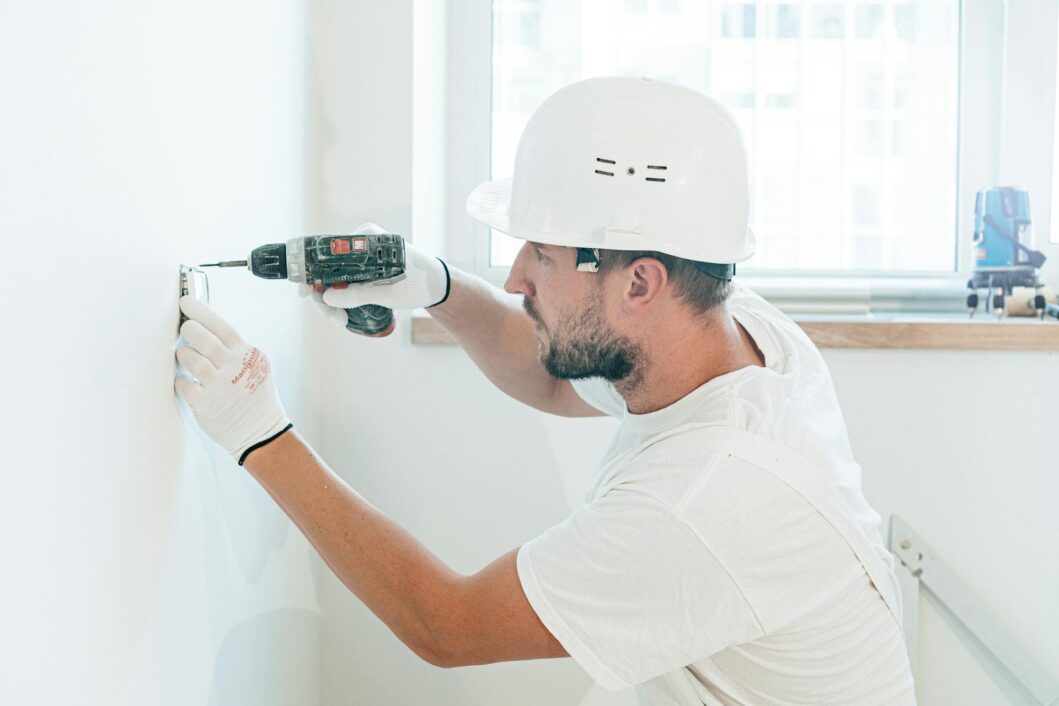Starting an electrical contracting business can be a lucrative venture, offering the chance to build a successful enterprise while meeting high demand in residential, commercial, and industrial sectors. As a skilled trade, electrical work requires technical expertise, business acumen, and commitment to safety.

Here’s a roadmap to help you establish a thriving electrical contracting business.
1. Obtain Proper Licensing and Certification
Electrical contracting is a licensed profession in most states, meaning you’ll need specific licenses to operate legally. Begin by checking your state’s licensing requirements, which may include passing a state exam, completing an apprenticeship, or holding a journeyman or master electrician license. These qualifications not only ensure compliance but also build credibility with clients.
2. Create a Business Plan
A comprehensive business plan is essential for guiding the growth and direction of your business. Outline your target market, which could include residential, commercial, or industrial sectors, and detail your specific services, such as installations, maintenance, and emergency repair. A business plan also covers financial projections, pricing strategies, and marketing plans, giving potential investors or lenders insight into your business vision.
3. Secure Start-up Funding
Electrical contracting requires an initial investment to cover equipment, tools, licensing fees, insurance, and other startup costs. Evaluate financing options such as small business loans, personal savings, or even seeking out investors. Proper funding will allow you to purchase high-quality tools, hire skilled staff, and manage cash flow in the early stages.
4. Invest in Quality Tools and Equipment
Having the right tools is crucial for efficient and safe electrical work. Invest in high-quality, durable tools such as voltage testers, conduit benders, wire strippers, and other essential electrical tools. Don’t cut corners here; reliable equipment not only ensures safety but also contributes to your business’s efficiency and reputation.
5. Obtain Business Insurance
Business insurance protects against the risks inherent in electrical contracting. Consider general liability insurance, which covers property damage and personal injury claims, as well as professional liability and worker’s compensation insurance. These policies safeguard your business, staff, and clients, enhancing your credibility.
6. Build a Strong Marketing Strategy
Establishing an online presence is vital to attracting customers. Create a professional website that highlights your services, certifications, and customer testimonials. Use social media to engage with local communities, post updates, and showcase completed projects. Networking with real estate firms, construction companies, and property managers can also lead to valuable long-term partnerships.
7. Focus on Safety and Customer Service
Safety is paramount in electrical work, so ensure that your team is well-trained in safety protocols and OSHA guidelines. Emphasize customer service by promptly addressing client needs and maintaining professionalism on-site. Positive customer experiences will drive word-of-mouth referrals, essential for growing a small business.

